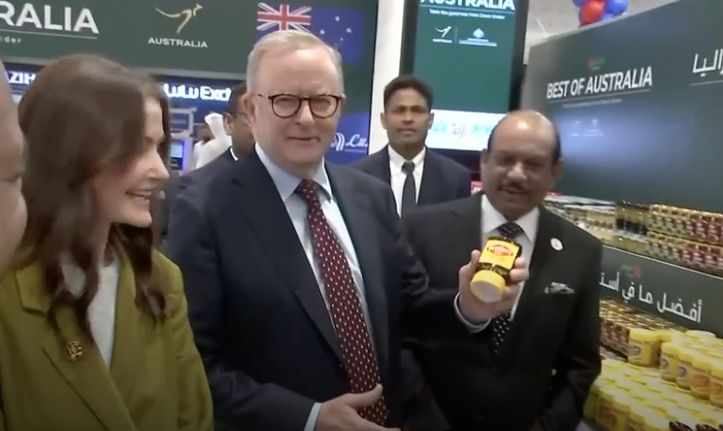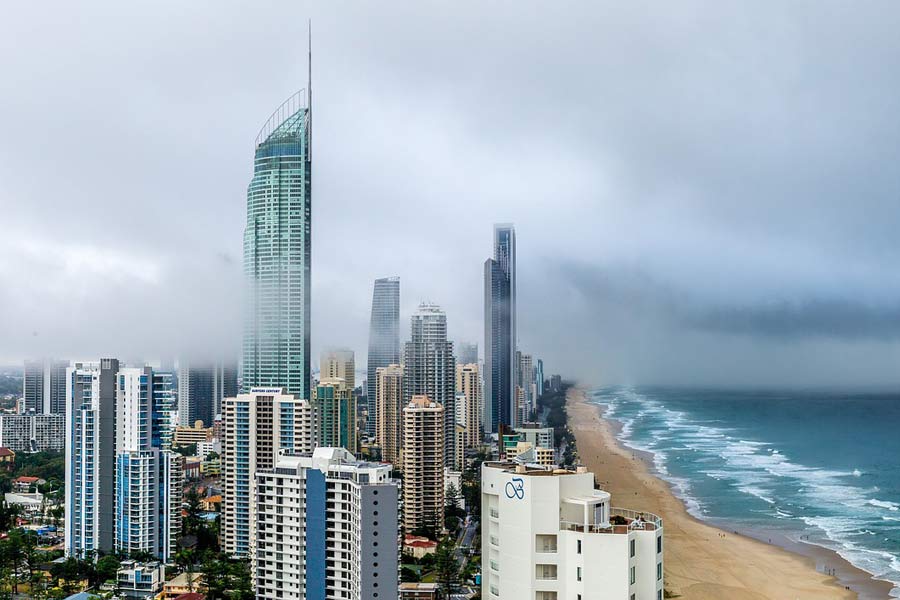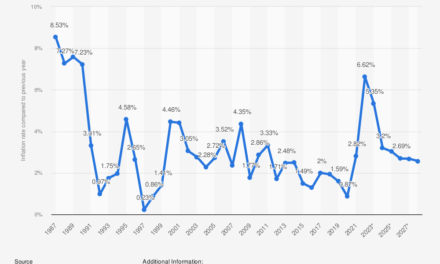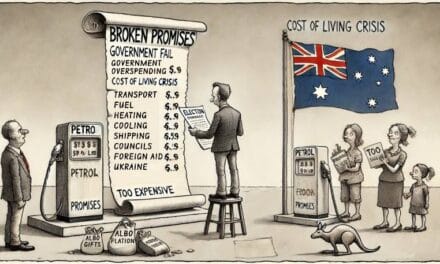Prime Minister Anthony Albanese says Australia needs more competition in supermarkets — and he wants an Emirati giant to provide it. It is the Lulu Hypermarket.
Albanese’s Abu Dhabi Pitch
Anthony Albanese has asked one of the Middle East’s largest supermarket chains to set up in Australia.
During a visit to Abu Dhabi, the Prime Minister toured a Lulu Hypermarket and invited its chairman, Yusuff Ali, to open stores here.
“We need more competition in the Australian supermarket sector,” Albanese said after sampling Australian products on display.
Lulu is owned by Indian billionaire MA Yusuff Ali and operates more than 300 hypermarkets across the Middle East and Asia.
Its stores already sell large volumes of Australian beef, lamb, fruit, and packaged food.
Supermarket Competition Australia
Albanese framed the invitation as a way to help consumers and exporters at the same time.
He said Lulu’s expansion could boost Australian farm exports while delivering cheaper groceries for local families.
Standing beside the Lulu chairman, Albanese said, “I’ve encouraged him to come to Australia as well.”
The visit coincided with the start of a new free-trade agreement between Australia and the United Arab Emirates, which removes tariffs on 99 per cent of Australian exports to the Gulf.
Cheaper Overseas Than at Home
A reporter travelling with the Prime Minister noted that Tim Tams and Australian beef were cheaper in Abu Dhabi than in Australia.
Albanese said Lulu bought “large quantities of our beef,” calling it a source of pride.
Economists say the comment exposes an uncomfortable truth: Australia produces the food but pays world-high retail prices.
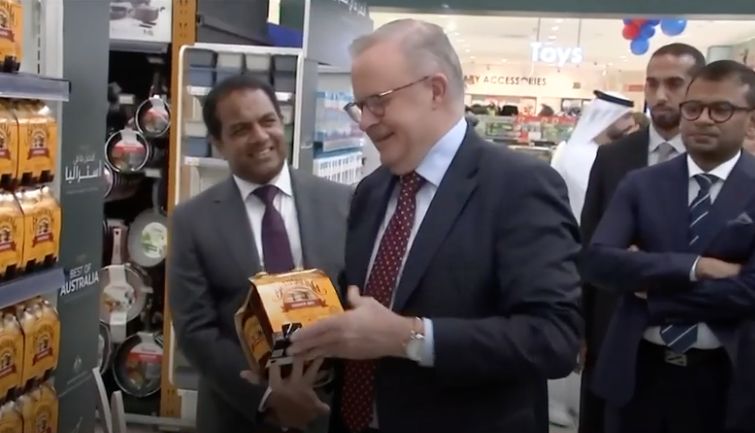
Albo on UAE trip with Aussie products, video screenshot
Critics Warn of Déjà Vu
The government says it wants to tackle price gouging by Coles and Woolworths.
But economists and small-business groups warn that importing competition could backfire.
Foreign entrants face the same high costs for rent, wages, energy, and freight.
Price wars may be short-lived, while job losses could be permanent.
Analysts see a familiar pattern.
Australia once cut tariffs and deregulated industries to invite foreign competition.
Those moves lowered prices but hollowed out local manufacturing.
Critics fear the same result in retail — lower prices now, fewer local suppliers later.
Risks for Workers and Producers
Large foreign retailers often rely on automation and global supply chains.
That can reduce local staffing and increase pressure on suppliers.
Regional growers and small manufacturers could be forced to match prices set in markets where labour is cheaper and oversight lighter.
Food-security experts also warn that once logistics networks become foreign-controlled, the country loses leverage in crises.
Imported Solutions, Familiar Results
Albanese’s supermarket plan fits a long pattern of economic faith in imported solutions.
From Whitlam’s 1973 tariff cut to Keating’s deregulation, successive governments have looked overseas for fixes.
Half a century later, the results are clear: open markets made Australia efficient — but dependent.
Unless future policy builds strong domestic suppliers and distribution networks, supermarket competition Australia may repeat the same lesson — that imported efficiency often ends with local loss.
Fact Reference Appendix
-
Albanese quotes and Lulu visit – Joseph Olbrycht-Palmer & Blair Jackson, The Australian, 8–9 Oct 2025; AAP pool report from Abu Dhabi.
-
Lulu Group background – Company profile, Lulu Group International; Reuters business data, 2024.
-
Free-Trade Agreement – Australia-UAE Comprehensive Economic Partnership Agreement (DFAT, enters into force Oct 2025).
-
Coles–Woolworths market share – ACCC Retail Grocery Inquiry, Final Report 2023.
-
Retail pricing comparison (Tim Tams, beef) – Journalist observation, PM travel pool report, Oct 2025.
-
Historical context on tariff cuts and deregulation – Parliamentary Library Brief: The 1973 Tariff Cut; Productivity Commission, Trade and Assistance Review 1998–99.
-
Employment in supermarkets and supply chain impact – ABS Labour Force by Industry 2024; Australian Retailers Association statements 2023.
